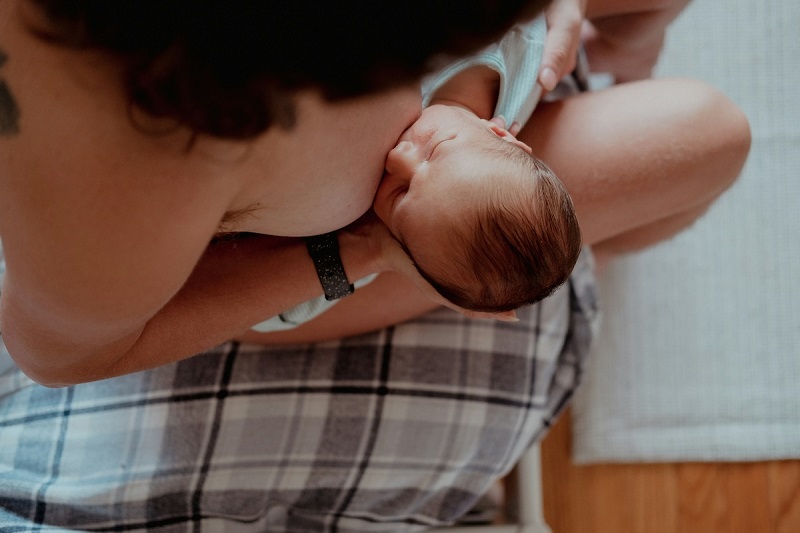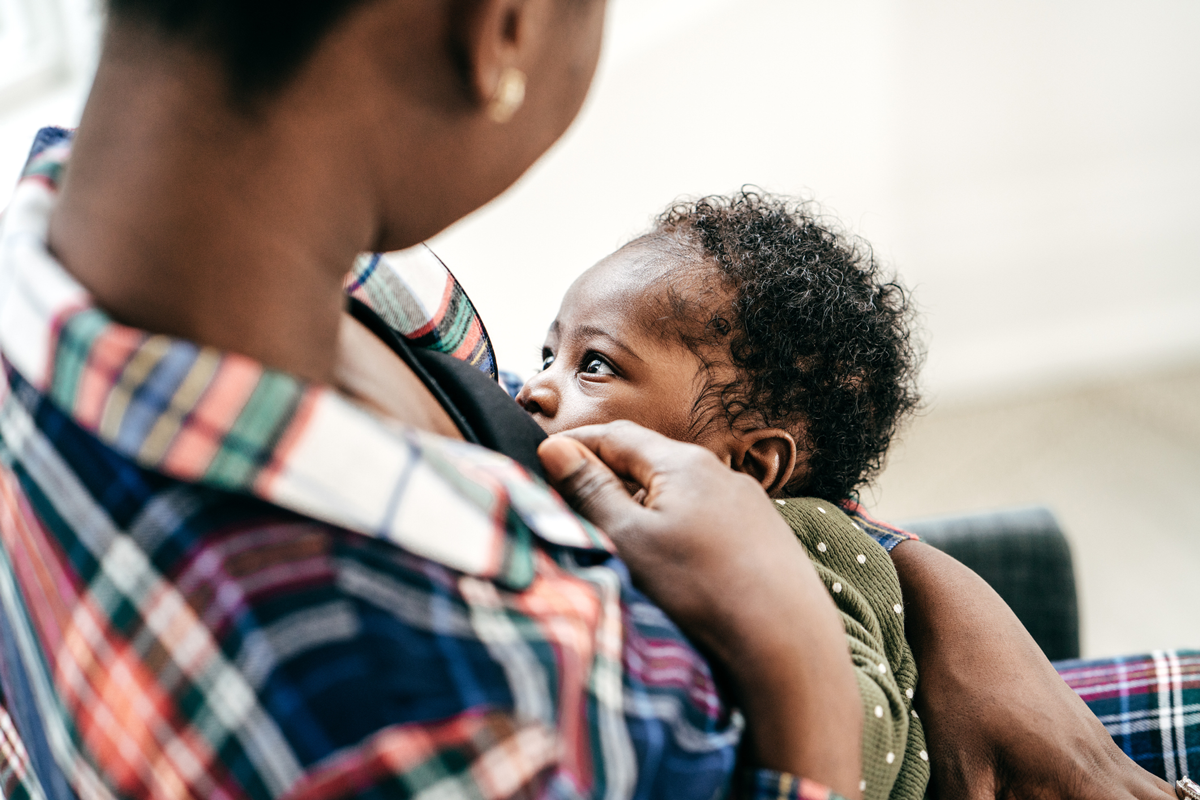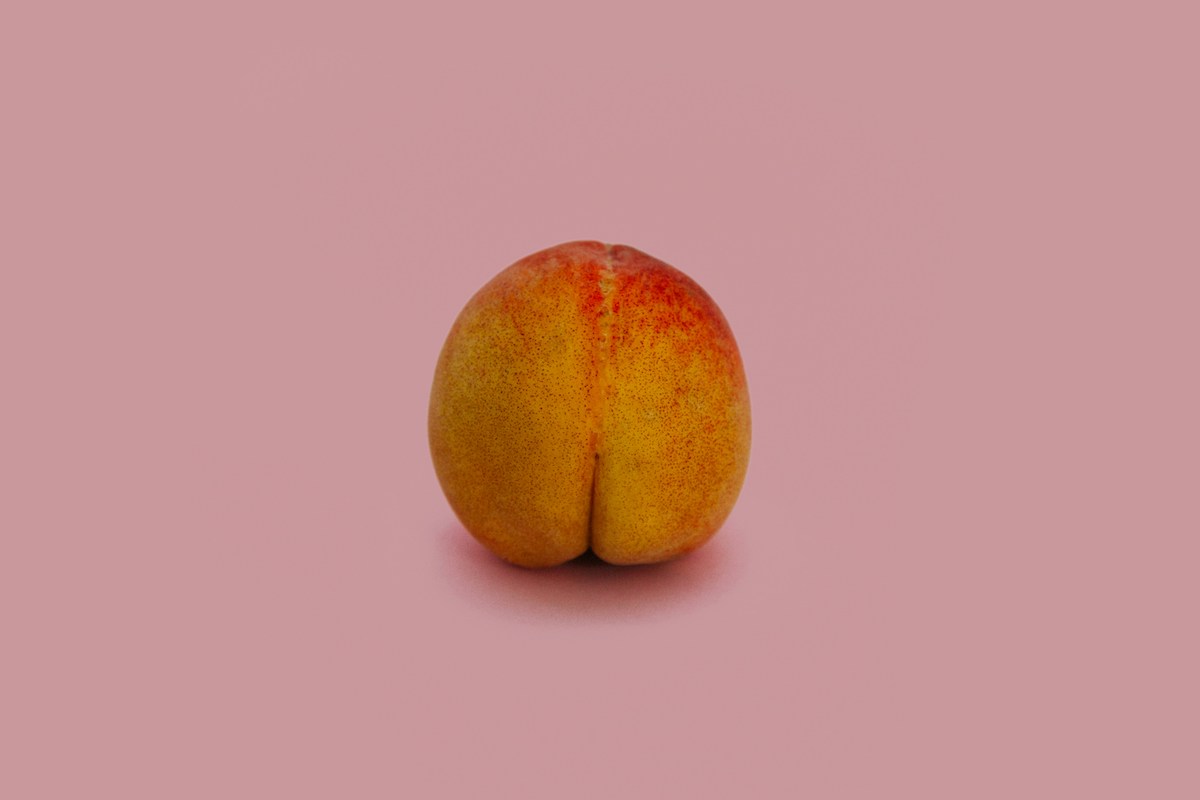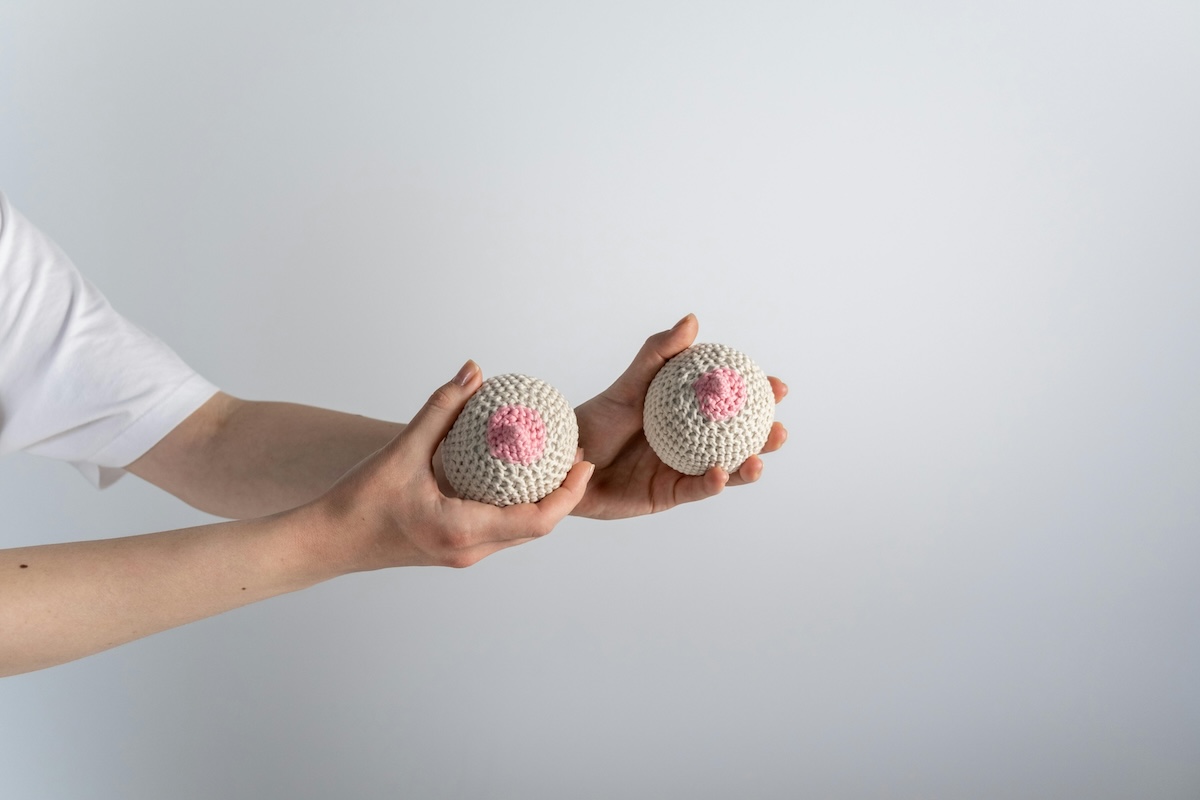My mom had breast cancer at 40, and my best friend has breast cancer at 39. Both are their first in the family lineage to have it. They also both had mastitis in the same breast that has/had the cancer. I know that there is research that has shown a correlation in this. Why is it not discussed more with breastfeeding mothers? And if we know this, then why isn’t breastfeeding considered a risk factor, to allow for earlier preventative care?
—Breast ultrasounds for all!
I’m so sorry, first of all, to hear about your mom and your best friend. I hope they are doing as well as possible.
This is a complicated issue, because, on average, breastfeeding is associated with a decrease in breast cancer. It’s one of the better supported claims about the benefits of breastfeeding (more on that in this post). Yet there are correlational studies (like this one) that suggest that mastitis in particular is associated with a higher risk of breast cancer.

However: in the best data we have, the link doesn’t appear to be causal. This paper uses data from 2.5 million women in Sweden. As is often true in papers with Scandinavian data, the data is detailed. Among the full population, the researchers found 8,411 diagnoses of mastitis, and of those, 106 women were ultimately diagnosed with breast cancer. When they compare this risk with the baseline risk among women without mastitis, they find about a 25% increase in the risk of cancer.
This effect could be causal, but it could also reflect differences in other underlying risk factors. In this case, the authors have another way to learn about causality. The theory behind a link between mastitis and cancer is location-specific. If the link is causal, the breast cancer should be more likely to show up in the breast with the mastitis. The data here is detailed enough to look at that.
What the authors find is no systematic correlation between the mastitis side and the cancer side; it doesn’t look like the breast with mastitis is more likely to develop cancer. This strongly suggests that there is not a causal link, and the correlation we see reflects differences in other risk factors.
Even if mastitis isn’t causally linked to breast cancer, you could still argue that a history of mastitis might suggest a greater need for early screening, since mastitis might indicate other higher risk factors. In practice, the existing risk factors we use to determine screening are probably sufficient, since they capture the most important risk differences.
(To be clear, breast ultrasound for all sounds great, but not because of this link.)
Community Guidelines
















Log in
This was really interesting, thanks. I had not heard of this possible link before.
I think it is a little confusing to seem to recommend breast ultrasound for all. Ultrasound is only medically helpful for a small number of patients with specific circumstances. It’s used instead of mammograms in low income countries that can’t afford mammo machines, but it’s not recommended by doctors in the US as a primary screening modality, since we can afford mammograms, which are superior in general to ultrasound for breast imaging in most cases.
“…history of mastitis might suggest a greater need for early screening, since mastitis might indicate other higher risk factors.” What are some examples of risk factors here?
My mom was diagnosed with breast cancer at 76, and I’ve been prone to clogged ducts with both my babies and had mastitis with my first. Just trying to understand if we’re unclear of causality, what other risk factors should be be considering because this link?